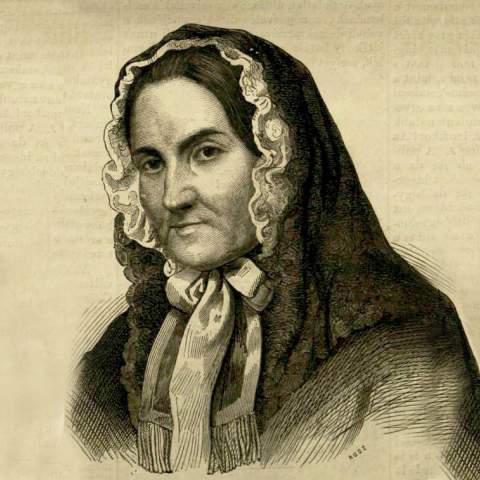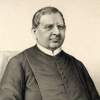
Therese Brunsvik (Hungarian: Teréz Brunszvik, Slovak: Terézia Brunšviková), the visionary founder of the first kindergarten in the Habsburg Monarchy, presents a complex identity that transcends the Hungarian-Slovak dichotomy, instead raising questions about her Hungarian-German heritage. Born in Pozsony (now Bratislava, present-day Slovakia), her ties to the region at the time remain unconfirmed. Coming from an aristocratic background, her upbringing was influenced more by a foreign culture, with German likely serving as her mother tongue. While she was multilingual, Hungarian was not among the languages she mastered. In 1828, Brunsvik established the very first kindergarten in Central Europe in Buda, with a focus on educating underprivileged children. As additional kindergartens were established throughout the country, including in areas with a Slovak majority, both German and Hungarian were taught. Despite her German background, Brunsvik increasingly aligned herself with the Hungarian cause, providing support to the Hungarians during the 1848/49 war of independence. Her legacy endures as she is revered among the great figures of the Hungarian nation. Brunsvik earned the title of the "greatest Hungarian native girl" by posterity and was even likened to the esteemed statesman, István Széchenyi, reflecting her profound impact on Hungarian society and education.

